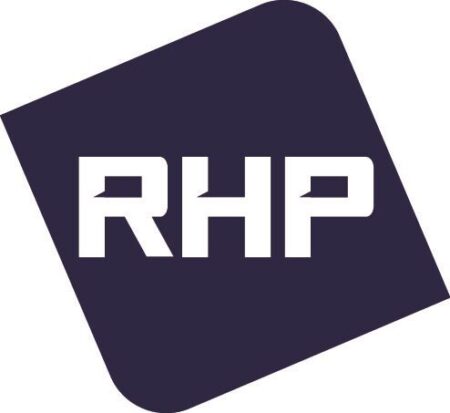Operational & Maintenance (O&M) programs provides key guidance to owners and managers of industrial facilities for use during maintenance, renovation or structural changes in building, facilities and structures that may contain asbestos-containing materials (ACMs). It provides owners, managers, workers and other key staff information on how to safely manage asbestos within their facility.
RHP’s experienced team of asbestos professionals facilitate the development and maintenance of your O&M Program plan including elements such as:
Training –RHP develops training programs that cover OSHA’s requirements including Awareness Training for maintenance and custodial staff who may clean around or unintentionally disturb ACMs and Special O&M Training for supervisors, maintenance and custodial staff who intentionally make minor repairs to known ACMs. Training typically includes basic information on asbestos, health effects, recognition of ACMs within the building, asbestos regulations, proper asbestos work practices, personal protective equipment (PPE) including respirator use and hands-on exercises and tasks to use while handling ACMs.
Occupant Notification – Communication between industrial facility owners, foremen, maintenance, employees, union representatives, and contractors is critical within a facility or structure containing materials such as ACM that may pose a hazard. All parties should know and understand the physical location and condition of all ACMs within the building. Communication should be ongoing to confirm knowledge transfer between all involved parties. RHP can provide resources and facilitate communication between owners, supervisors, workers and contractors.
Monitoring ACM –RHP, building personnel or engineers should conduct visual re-inspections of ACMs present in the building at designated intervals to verify the materials have been maintained in acceptable condition. Although this practice is not required in non-school buildings it is good practice in buildings with suspected or confirmed ACMs. Air monitoring may be desired on a routine basis for workers or contractors who have concerns of exposure to airborne asbestos fiber concentrations. RHP conducts routine visual and air monitoring assessments for a variety of buildings and facilities.
Job Site Controls for Work Involving ACM – Monitoring of work that may disturb ACMs within a building should be controlled using a permit or authorization system and maintained within the O&M Program. Maintenance of this established system within a building may be most efficiently completed in-house, however RHP can assist in system development or auditing of the system.
Safe Work Practices – Work safe practices should be established within the O&M Program for custodial, maintenance and construction staff within the building. Components of this element of a program include special O&M work practices, basic O&M procedures, worker PPE, special O&M cleaning techniques and procedures for asbestos fiber release episodes. RHP is experienced and well versed in guiding staff, management and owners in determining the procedures to implement and/or emphasize considering the type of building or facility.
Recordkeeping – All asbestos-related documents for a building or facility should be stored securely and made available to all building management, tenants, employees, workers, and contractors when applicable. OSHA has various requirements relating to recordkeeping that are important to be understood and followed. RHP provides guidance on recordkeeping as a component of an O&M Program.
Worker Protection – This broad element of the O&M Program relates primarily to PPE and understanding the importance of the program and its contents. RHP provides guidance on PPE needs, requirements, and can perform employee, contractor, or management training and fit testing.
For further references and RHP White Papers on the topic, see: rhprisk.com/white-papers
 Scientific risk-based guidance and solutions you and your company can trust.
Scientific risk-based guidance and solutions you and your company can trust.
RHP Risk Management is a leader in the field of Industrial Hygiene, Indoor Air Quality (IAQ), Built Environment, Risk Management, Dose Estimation & Analysis, and Exposure Simulation Testing. Our highly trained and sophisticated team of professionals work together seamlessly on small and large projects. Our roster includes certified industrial hygienists, public health scientists, risk assessors, certified safety professionals, field staff, an engineer, an anthropologist, an economist, certified paralegals, and support staff.
We work with our clients to develop solutions to their most pressing concerns. Understanding exposures and risks through a grounding in a sound, defensible, state- of- the- art scientific approach gives our clients peace of mind. Empowered by a comprehensive understanding of exposures we can provide, clients are better equipped to recognize previously unseen business risks, manage known risks, target areas for control systems, comply with regulations, and to be braced for regulatory or litigation actions. Senior staff have served as experts in front of stakeholders, public, workers, regulatory, and State and Federal courts.
